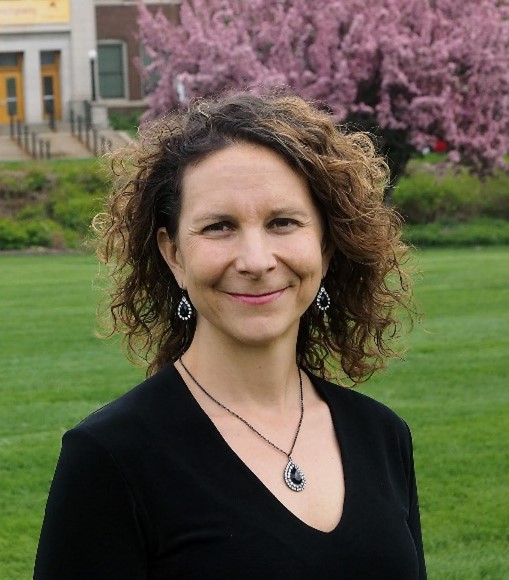Keynote Presentations
 Sara Heger
Sara Heger
This session will cover the process of evaluating and inspecting soil treatment systems including trenches, low-pressure pipe systems, mounds, and sand filters. It will include a discussion on various distribution methods and the relating development of a biomat. Problems associated with hydraulic and organic overload will be highlighted.
Breakout Session: Design and Management Considerations for Septic Systems Serving Vacation Home RentalsUS short-term rental supply hit record highs in 2022. That means more of your customers may be renting out their vacation homes either part time or full time. Vacation home rental can create numerous resulting in more frequent maintenance and management. Unaware property owners could irreparably damage their system if these issues are not addressed. The first concern is an overall increased hydraulic loading. The second concern is peak loading of water and cleaning products. The third concern is having renters who do not understand how septic systems work and the limitations and rules around proper use. On the design side increasing design flows, incorporating time dosing and upsizing components are all items to address with new systems. On the management and maintenance side of things rental properties that are heavily used should have more frequent service visits. These visits can help alert owners of system abuse and needed maintenance before serious problems arise. On conventional systems annual service visits to measure the accumulation of sludge and scum is advisable along with an evaluation of overall system performance. Advanced treatment systems may also need increased maintenance.
Bio: Dr. Sara Heger is a researcher and instructor at the University of Minnesota in the Onsite Sewage Treatment Program where she is faculty in the Water Resources Science program, teaching Sustainable Waste Management Engineering. For over 20 years, she has been conducting research and providing education and technical assistance to homeowners, small communities, onsite professionals, and local units of government regarding decentralized onsite wastewater treatment. Sara coordinates the research program at the U of MN with current projects evaluating contaminants of emerging concern and the addition of biochar and iron enhanced sand into septic systems. She regularly provides training across the US and Canada and contributes regularly to the Onsite Installer and Pumper providing technical information regarding the science of wastewater treatment including design, installation, and management. Sara is the past president of the National Onsite Wastewater Recycling Association, serves on the NSF International Committee on Wastewater Treatment Systems and chairs Minnesota’s SSTS Advisory Committee. She has a BS in Biosystems & Agricultural Engineering and a MS and PhD in Water Resource Science.
Michigan SAVES
Michigan Saves Septic Replacement Loan ProgramTodd Parker and Patrick O'Boyle, Michigan SavesThroughout Michigan, failing septic systems are often identified as a potential source of pollution that contributes to public and environmental health concerns. Statewide, it is estimated that 9.4 billion gallons of untreated wastewater flow from failed septic systems, often into lakes, streams, and underground aquifers that supply drinking water. One of the primary barriers preventing the advancement of septic policy solutions is a lack of funding options available to residents faced with replacing or repairing a failed septic system. The Michigan Department of Environment, Great Lakes, and Energy has tasked Michigan Saves, Michigan's green bank, with developing a low-interest loan program for the replacement of failing septic systems. During this session, participants will learn about the Septic Loan Fund and how it can be used to facilitate the replacement of failing septic systems.
Todd Parker is vice president of Michigan Saves, the nation’s first nonprofit green bank. Founded by the State of Michigan in 2009, Michigan Saves' mission is to promote accessible, equitable, and just investments in energy efficiency and clean energy to support healthy and thriving communities. Todd implements Michigan Saves' strategic plan, manages the organization's residential and commercial financing programs, and develops new programs that fill market gaps.
Pat O'Boyle is the director of business development for Michigan Saves, the nation’s first nonprofit green bank. Founded by the State of Michigan in 2009, Michigan Saves' mission is to promote accessible, equitable, and just investments in energy efficiency and clean energy to support healthy and thriving communities. Pat manages relationships with the Michigan Saves network of authorized contractors and lenders, while also developing new relationships with community organizations, local governments, and other project partners.



 Print
Print Email
Email